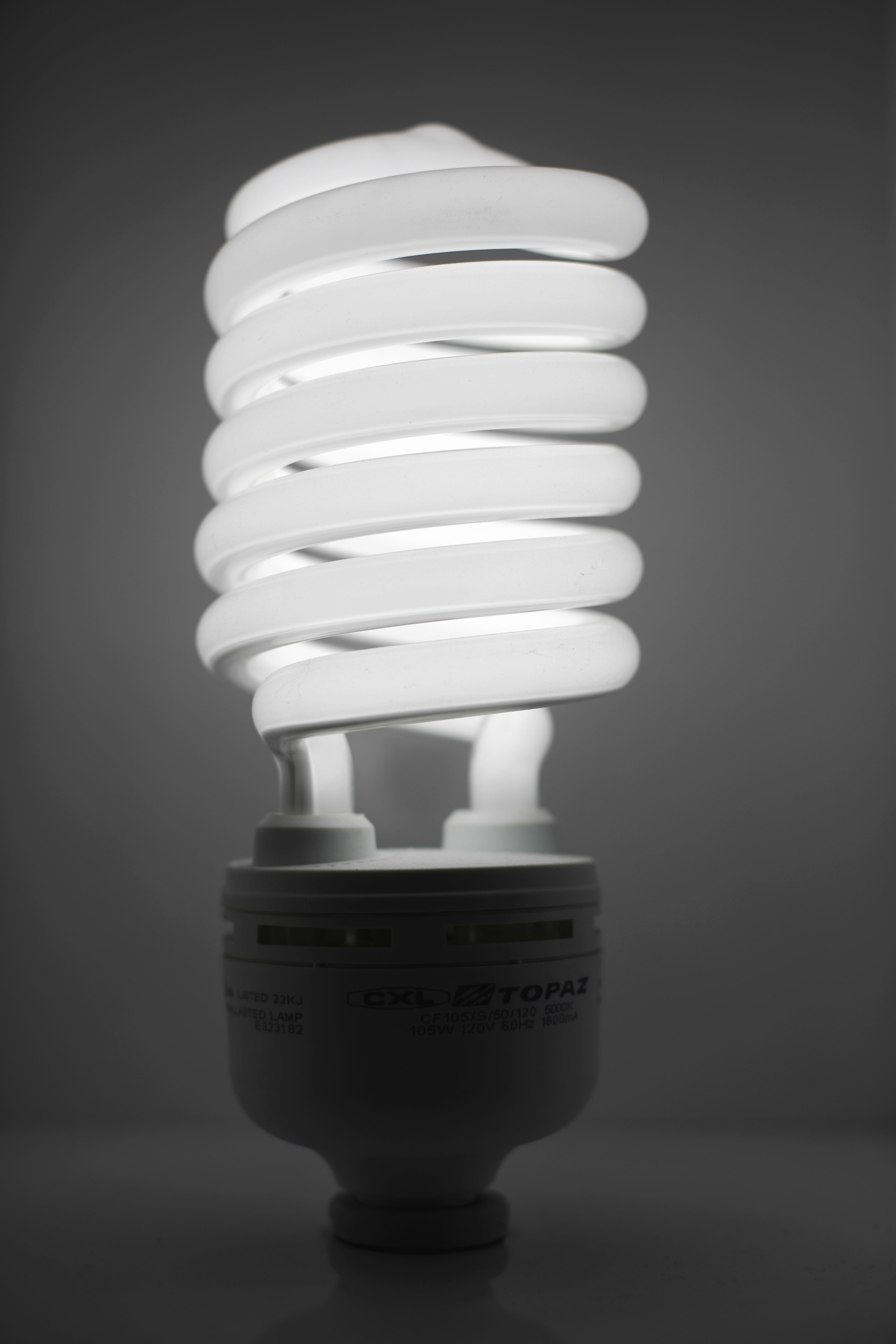Congress, light bulb rules and mercury
Tuesday, September 27, 2011
Maybe you like the new, energy-efficient compact fluorescent light bulbs, or maybe you like the more familiar incandescent bulbs. But whichever you prefer, do you think Congress was right in voting to ban, within a few years, the sale of most incandescent bulbs, in order to promote the sale of the new bulbs?
Before you answer that, look at the contrast between cleaning up after you break a traditional bulb and the steps you have to go through when you break one of the new bulbs. Cleaning up one of the old bulbs is simple: Pick up the big pieces and sweep or vacuum up the rest.
But consider the recommendations by the U.S. Environmental Protection Agency for cleaning up after one of the new bulbs breaks:
"Before cleanup
• "Have people and pets leave the room.
• "Air out the room for 5-10 minutes by opening a window or door to the outdoor environment.
• "Shut off the central forced air heating/air-conditioning system, if you have one.
• "Collect materials needed to clean up broken bulb:
• "stiff paper or cardboard;
• "sticky tape;
• "damp paper towels or disposable wet wipes (for hard surfaces); and
• "a glass jar with a metal lid or a sealable plastic bag.
"During cleanup
• "Be thorough in collecting broken glass and visible powder.
• "Place cleanup materials in a sealable container.
"After cleanup
• "Promptly place all bulb debris and cleanup materials outdoors in a trash container or protected area until materials can be disposed of properly. Avoid leaving any bulb fragments or cleanup materials indoors.
• "If practical, continue to air out the room where the bulb was broken and leave the heating/air conditioning system shut off for several hours."
Whew! Are you tired yet?
The reason for the extensive cleanup rules is that the new bulbs contain mercury, which can be hazardous. The EPA says the amount of mercury is small, but that "if you are concerned about the risk to your health from a potential exposure to mercury, consult your physician."
The website on cleaning up the broken bulbs says, in addition to the steps listed above, "This page presents only the most important steps to reduce exposure to mercury vapor from a broken bulb." It then directs readers to "the detailed recommendations."
More detailed than the long process above?
Our point isn't that the new bulbs are bad, but that Americans may have legitimate reasons not to choose them. And that should be their choice, not Washington's.
